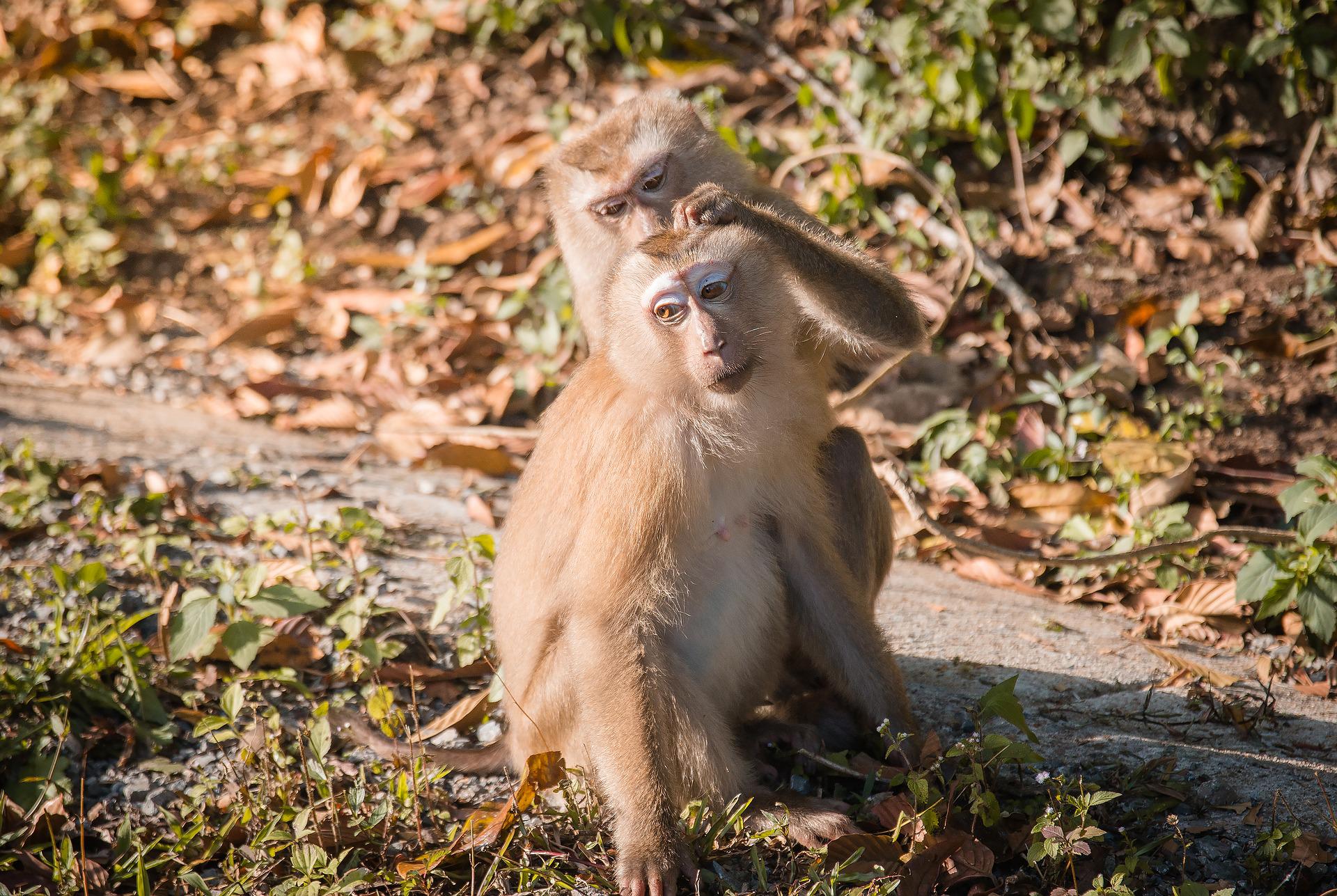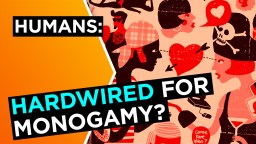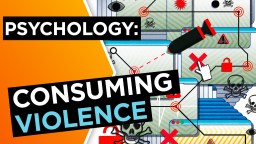evolutionary psychology
Reality is more distorted than we think.
▸
with
One man studied apes for 50 years. He says nature isn’t as cruel as you think.
As morally sturdy as we may feel, it turns out that humans are natural hypocrites when it comes to passing moral judgment.
▸
5 min
—
with
Scientists ripped up kids’ drawings. This is what they learned about relationships.
▸
5 min
—
with
Monogamy is often considered a key component of traditional marriages, but it’s only half the story.
▸
8 min
—
with
We make school kids read “Lord of the Flies”—but it’s only half the story.
▸
5 min
—
with
Humans help each other in ways animals don’t dream of, but why?
What factors explain the gender pay gap?
Some fish evolved legs and walked onto the land. Right?
The bonding experience is promoted by important neurological changes.
Evolution steered humans toward pair bonding to ensure the survival of genes. But humans tend to get restless.
▸
3 min
—
with
Can our bodies tell the difference between recorded violence and real life danger?
▸
2 min
—
with
Attractive women are especially likely to dress modestly, but only in certain scenarios.
A growing body of research suggests that the “clinical pessimism” over treating psychopathy is unwarranted.
People who score high in “dark triad” personality traits are able to empathize. They’d just rather not.
Bill Bryson’s new book, “The Body: A Guide For Occupants,” provides important (and funny) lessons in anatomy, neuroscience, physiology, biology, and more.
It’s one of our five major personality traits, and arguably, it’s the worst one. Why are some human beings neurotic?
A new study says curiosity and creativity are computational errors.
The results have startling implications about the evolution of psychopathy in humans.
Cognitive psychologist Donald Hoffman hypothesizes we evolved to experience a collective delusion — not objective reality.
The animal we fear most? Spiders.
Psychopaths are manipulative, violent, impulsive, and lack empathy — but if psychopathy encourages more frequent reproduction, is it, then, an advantageous strategy?
In general, birds of a feather do tend to flock together.
▸
8 min
—
with
A long-ridiculed theory about humankind’s early leap of consciousness is revived.
What’s the role of evil in storytelling?
The study shows when the ‘Napoleon complex’ is most likely to emerge.
Even when they suffer costs in doing so.
Blame our ancestors for why it’s easier to be a couch potato.



























